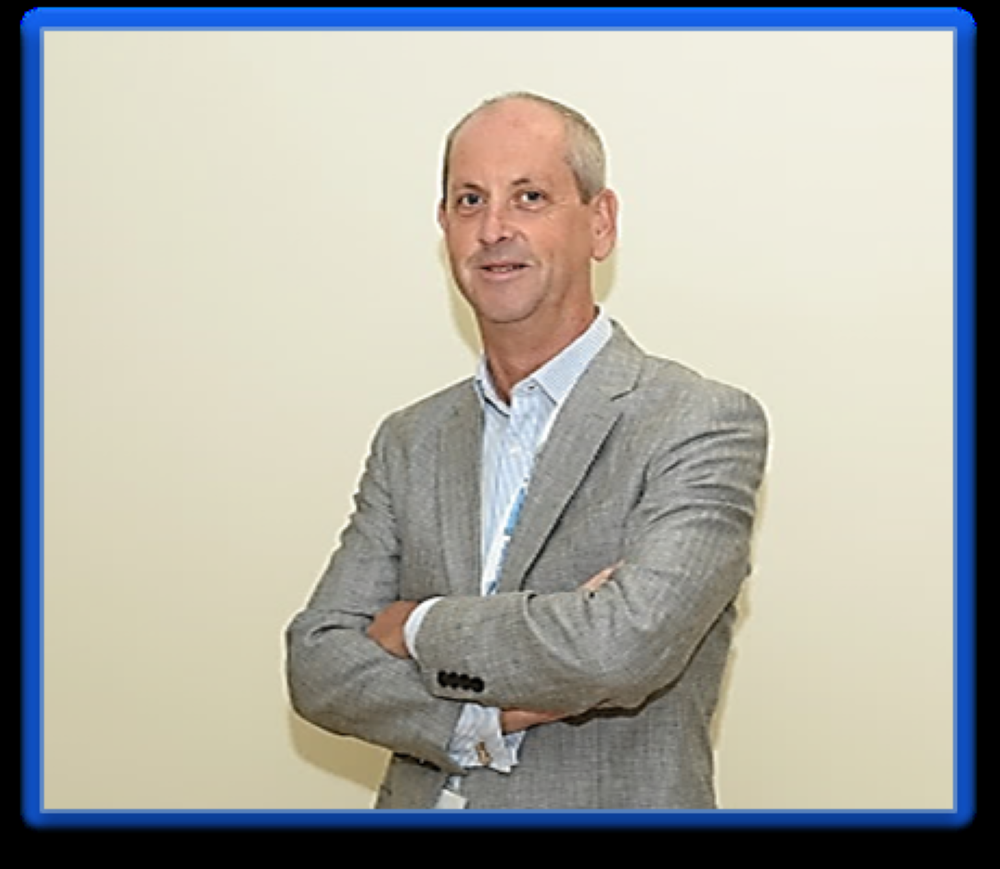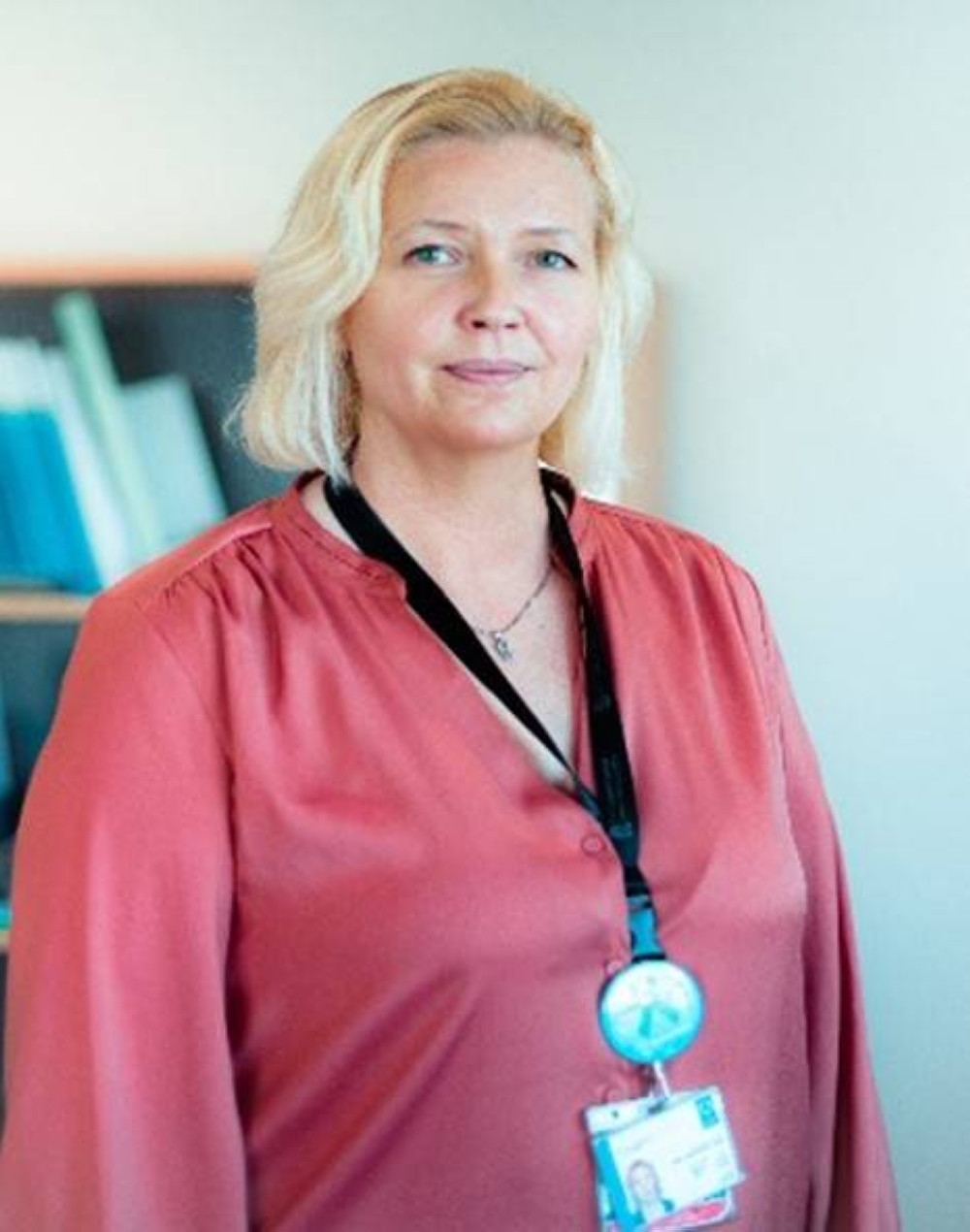The National Mental Health Helpline, supported by the Ministry of Public Health and operated by Hamad Medical Corporation (HMC), marks its successful three-year anniversary this April.
To date, the helpline has received over 43,000 calls since it was established in April 2020.
The free and confidential helpline has radically changed access for individuals in need of professional mental health support, becoming the primary access point to mental healthcare and treatment in Qatar.
Iain Tulley, national health strategy lead for Mental Health and CEO of HMC’s Mental Health Service, said that while Covid-19 provided the catalyst for establishing the helpline in 2020, the importance of mental health and improved access to care was previously reflected in the National Health Strategy 2018-2022.
“The greatest impediment to people seeking support with their mental health is the stigma that surrounds services and the fear that asking for help may adversely affect them, is a key driver for this service. Raising awareness about symptoms of illness; providing easy and confidential access to help and integrating physical and mental healthcare has been instrumental in the progress that has been made and in the level of public confidence in this service, surpassing all expectations’" said Tulley.
Dr Majid al-Abdulla, chairman of psychiatry, HMC and medical director of HMC’s Mental Health Service, said: “We set up the helpline in Qatar at a time when a greater number of people were experiencing high levels of stress and anxiety relating to Covid-19. We soon discovered, however, that many people were seeking, confidential and professional help for other forms of psychological distress.”
“Through this service, we can provide fast and personal access to support without the stigma and fear often associated with our traditional services. We have helped many individuals to manage their challenges or, where needed, provide access to more extensive professional support. For many people this has avoided the need for more acute treatment and longer-term care, which is an amazing achievement,” added, Dr al-Abdulla.
Katja Warwick-Smith, assistant executive director of Clinical Service Development and Operational Lead for the helpline explained that the international helpline team consists of multi-lingual and inter-professional staff to reflect the diversity of callers.
“Our mental health experts include nurses, psychologists and psychiatrists who are able to speak in several languages, including Arabic, English, Tagalog, Hindi, Urdu and Malayalam. This is so important as callers find it easier to engage and express themselves in their native language.”
The demographic profile of callers has remained fairly consistent throughout the three years, consisting of a wide range of nationalities, equal percentage of men and women callers, and the majority of people who call are between 24 to 35 years of age.
However, the profile of reasons for calling has changed, leading to a consolidation of the service post the pandemic peaks. The service now manages not only early interventions, to avoid deterioration of mental health, but increasingly more complex calls.

Dr Majid al-Abdulla

Iain Tulley

Katja Warwick-Smith
